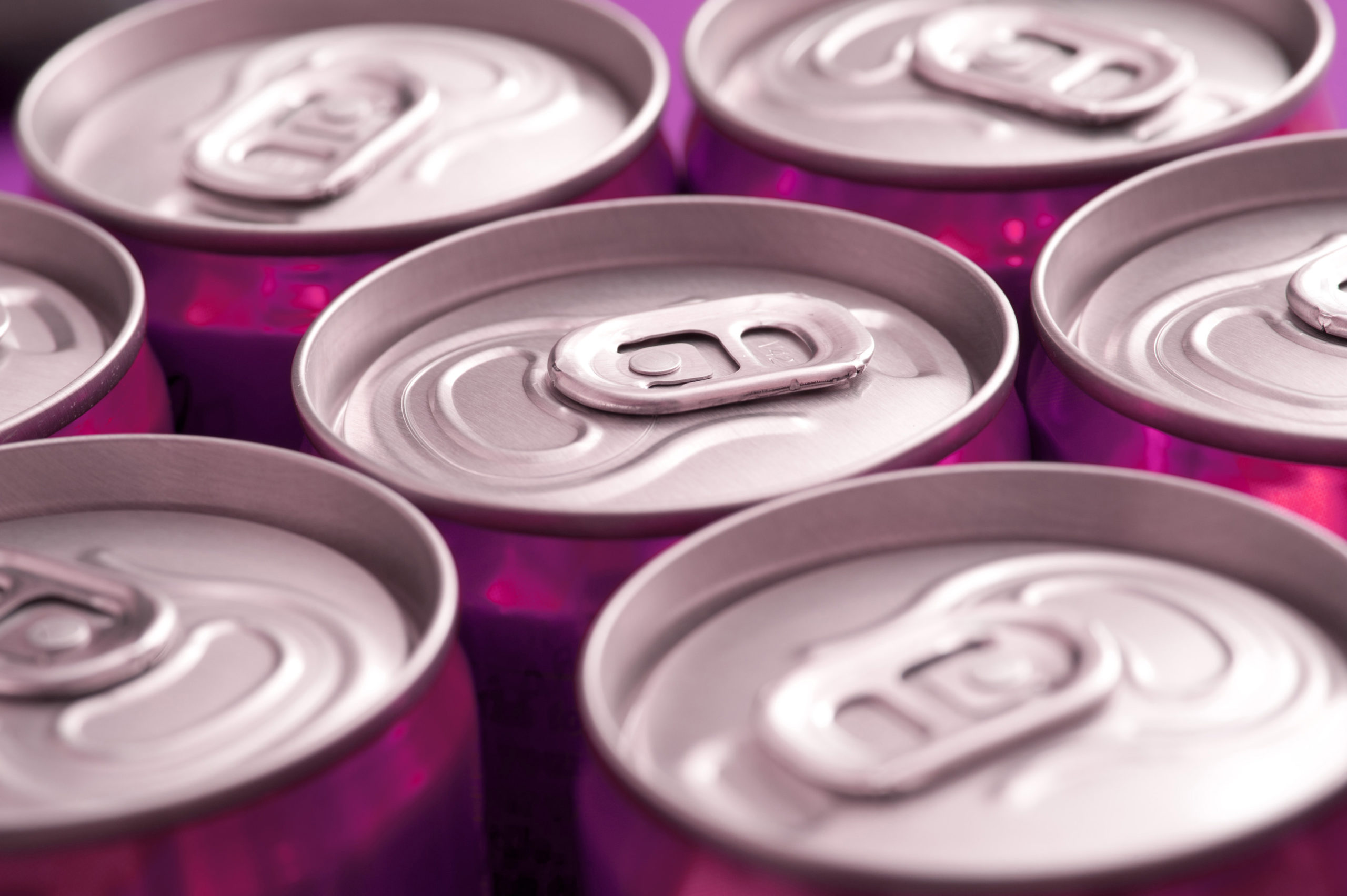A 21- year old male college student was recently forced to quit school after developing heart and kidney failure. Reason? He drank four energy drinks every day for the past two years.
Risks posed by caffeine
A BMJ Case report says that the man eventually recovered, but after going through severe symptoms like nausea, breathlessness, and tremors all over his body from the caffeine overdose. The study added that doctors treated the man who had drank half a gallon or four 500ml cans of the drink every day.
Such would equate to 640 mg of caffeine a day, well above the recommended maximum of 400 mg a day. The unnamed man admitted to being addicted to energy drinks and consumed them, oblivious of the implications. He added that there should be more aware of the health implications of excessive energy drinks and their addictive nature.
Several months before the patient was hospitalized, he had begun showing symptoms such as body tremors and short breaths that led to him dropping out of school. This case highlights the toxic caffeine levels found in energy drinks which can be the source of serious to life-threatening health issues.
Caffeine is the world’s most consumed psychoactive substance, ahead of alcohol and tobacco. When consumed in moderate amounts, it is safe and helps many people get through their day in their favorite beverages, such as tea or coffee. Caffeine also has a few advantages, including improved energy, mood, and concentration.
However, too much caffeine is potentially hazardous with side effects like low blood pressure, heart palpitations, anxiety, and death in some extreme cases. Overdosing caffeine can lead to a build of metabolic acidosis, which can in turn cause kidney failure.
More concentrated sources of caffeine are expected to cause harm which means that energy drinks are a bigger risk than tea and coffee.
Caffeine powder
However, case studies say that caffeine supplements for exercise, weight loss, and energy are the highest risk. This highly concentrated powder can carry caffeine equivalent to 50 cups of coffee.


